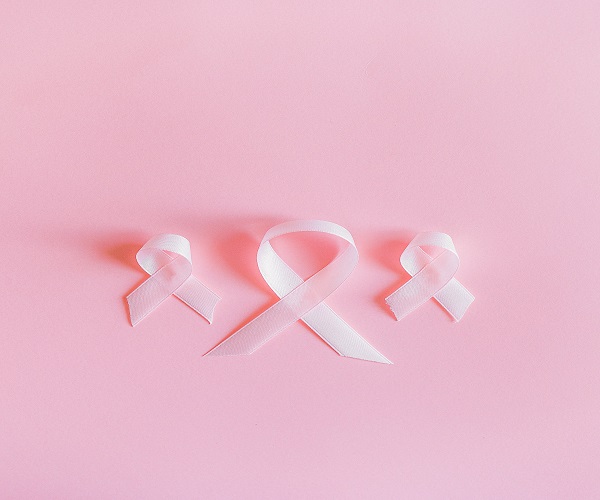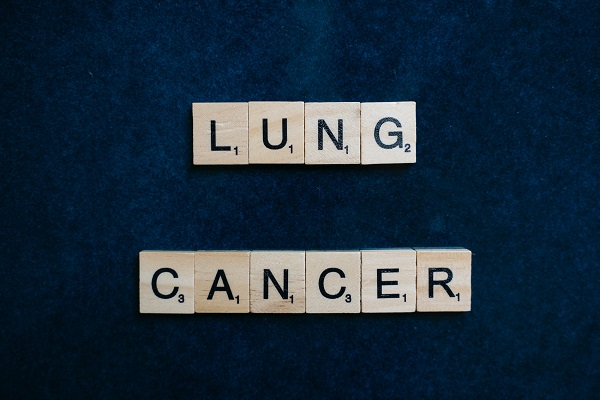This site has been optimised for the best experience on portrait mode, please rotate your device to continue.
May 14, 2022
Share this article
COVID-19 and Cancer: What You Need to Know

(Please note that covid-19 guidelines keep changing frequently and the information mentioned here may not be up to date – please check Indian Council of Medical Research (ICMR) for the latest information)
- With the ongoing pandemic, it is obvious for cancer patients and their families to be worried about COVID-19, especially during the cancer treatment when the body’s ability to fight infections is lowered. In this article, we would try to answer some of the most common questions related to cancer and COVID-19 to empower you with the right information.
What is coronavirus, or COVID-19?
Coronaviruses are a family of common viruses found in people and various species of animals that have been responsible for causing mild to severe illness including the common cold, severe acute respiratory syndrome (SARS), and the Middle East respiratory syndrome (MERS). COVID-19 or coronavirus disease 2019 was first observed in Wuhan, China in 2019. It is caused by a novel coronavirus, SARS-CoV-2(1).
The virus can spread between persons through close contact and through the small droplets released from the nose or mouth when the infected person sneezes or coughs. Primarily, the virus spreads through airborne transmission. In fact, the virus can remain in an enclosed space in the air for a few hours and can also infect people at distances of more than two feet(1).
Common symptoms include fever, cough, shortness of breath, chills, headaches, sore throat, and new loss of taste or smell, pains, fatigue, nasal congestion, runny nose, or diarrhea. In severe cases, it may cause pneumonia and heart problems, and may even lead to death. There are also instances when an infected person shows no signs or symptoms(1).
If I have cancer now or had it in the past, am I at higher risk of severe illness from COVID-19?
If you have cancer, you are at an increased risk of contracting the infection and developing complications or a severe form of COVID-19. This is primarily because the cancer treatment reduces your immunity and the ability to fight infections. However, old age and other medical conditions can also increase the risk of severe illness.
Moreover, having a history of cancer can also increase the risk of severe COVID-19. Individuals who have been treated for cancer should discuss their health concerns with their concerned doctor.
Can I get the COVID-19 vaccine?
Based on the Centers for Disease Control (CDC) and Prevention recommendations, every individual who is older than 12 years old should get a primary COVID-19 vaccine series and those include persons with comorbidities or underlying medical conditions including cancer(1,2).
Moreover, if you have recently received cancer treatment including stem cell or bone marrow transplant, chemotherapy, or cell therapy, then consult your doctor. Your doctor may recommend you wait for vaccination till your immune system is back to its normal functioning. The medical body also recommends additional or booster doses in the following cases(2):
● Individuals undergoing treatment for blood cancer including leukemia, lymphoma, or multiple myeloma
● Individuals who have received a stem cell transplant in the last 2 years
● Individuals who are taking medicine that may suppress their immune response
● It is also notably important that to protect cancer patients, the family members, caretakers, and loved ones should get vaccinated.
What are other ways that I can protect myself?
Even after vaccination, it is important to follow COVID safety precautions. Especially individuals who are at increased risk due to compromised immune systems can protect themselves by limiting and avoiding unnecessary contacts. It is advisable to practice the following measures apart from getting a COVID-19 vaccination(2,3).
● Wear well-fitted and covered masks.
● Maintain social distancing- a minimum of 6 feet distance from people who do not stay with you.
● Avoid crowded places
● Avoid poorly ventilated spaces
● Cover your nose and mouth while coughing and sneezing
● Wipe or clean the surfaces that you touch frequently with disinfectant.
● Wash your hands with soap and water. In case, the former is not available, use a hand sanitizer.
● Keep a check on your health and possible symptoms.
What should I do if I have symptoms of an infection?
If you are noticing any symptoms or have been exposed to COVID-19, then immediately isolate yourself and contact your health care provider. You might need to take confirmatory testing to help your doctor recommend the next steps.
References:
Cancer Care That Benefits the Patient


